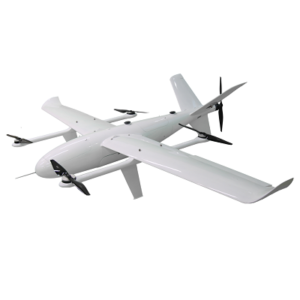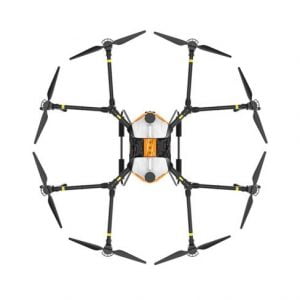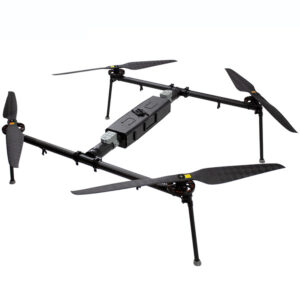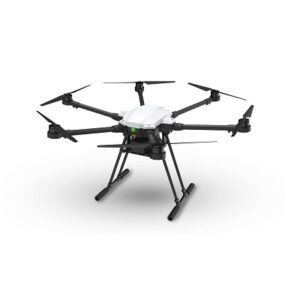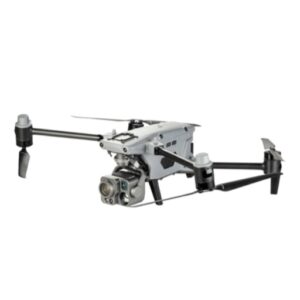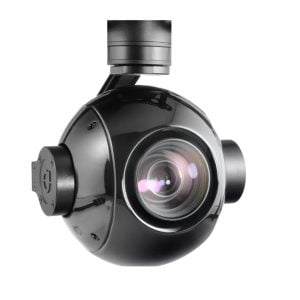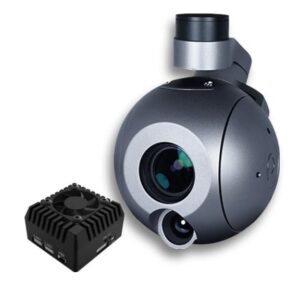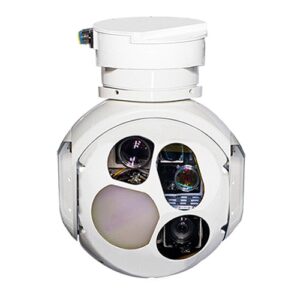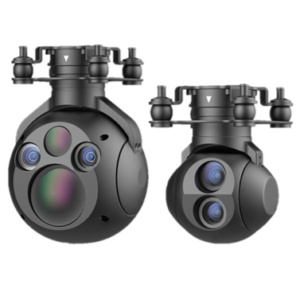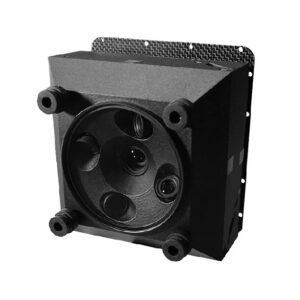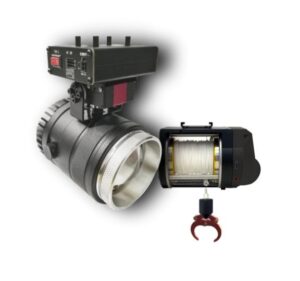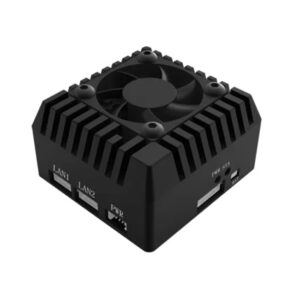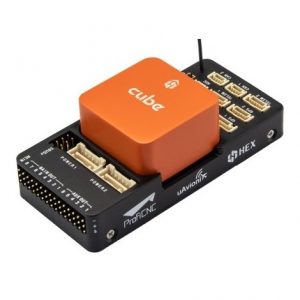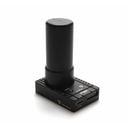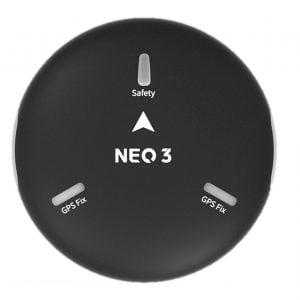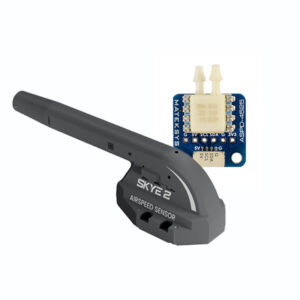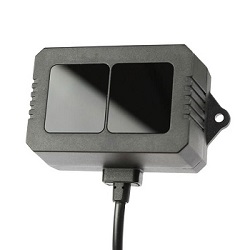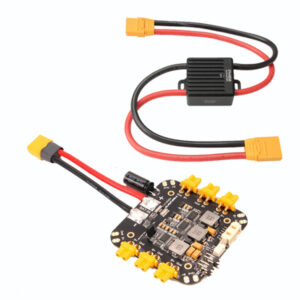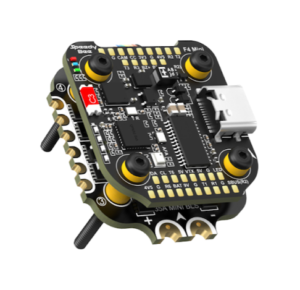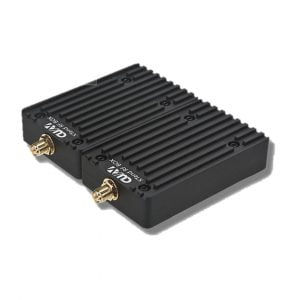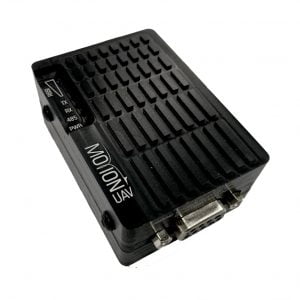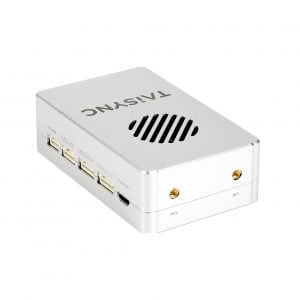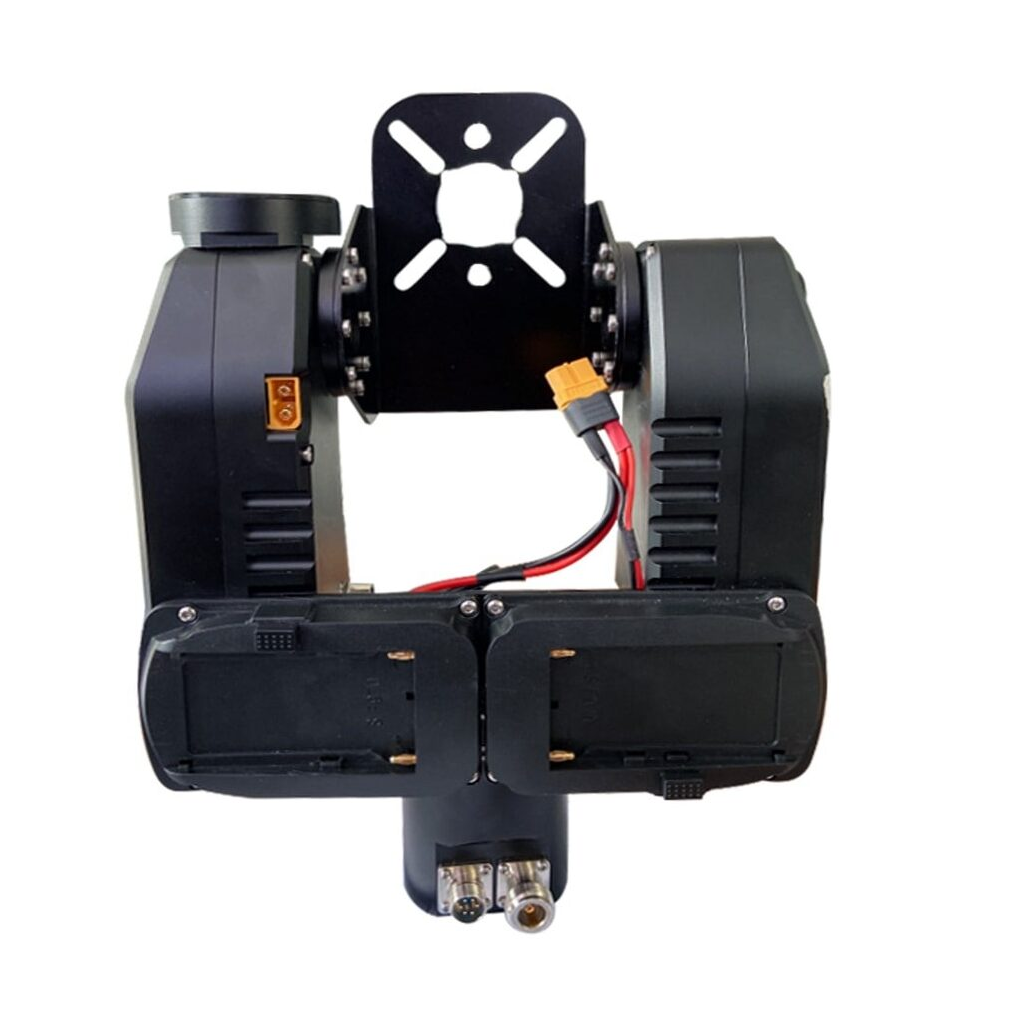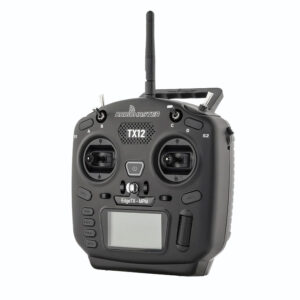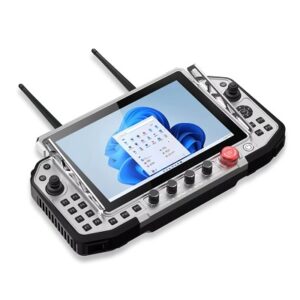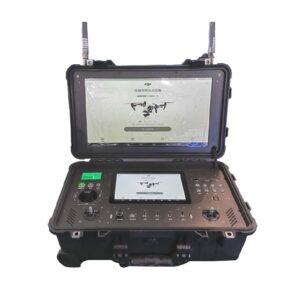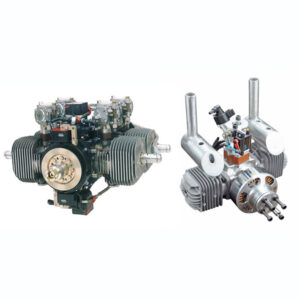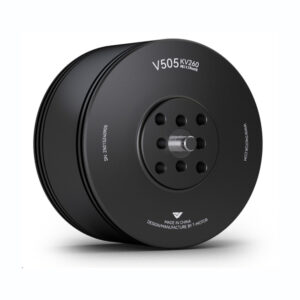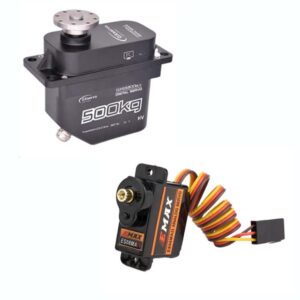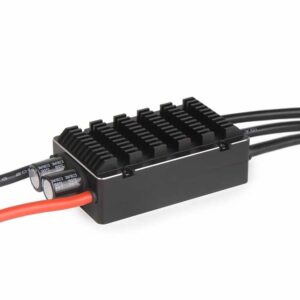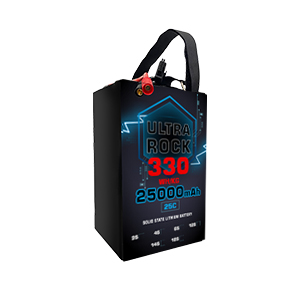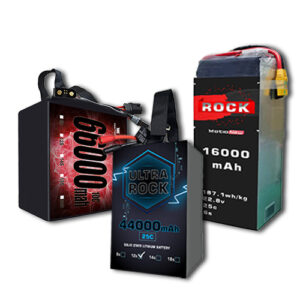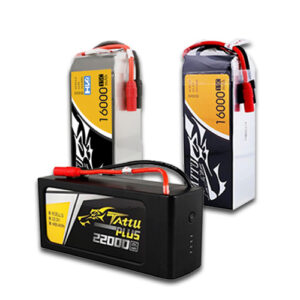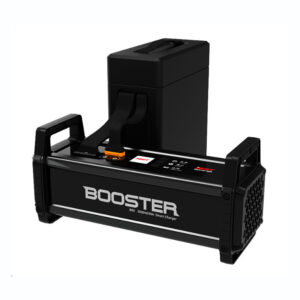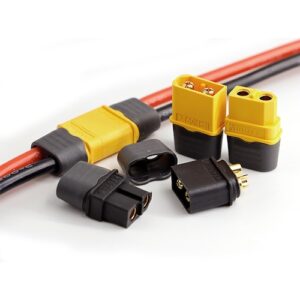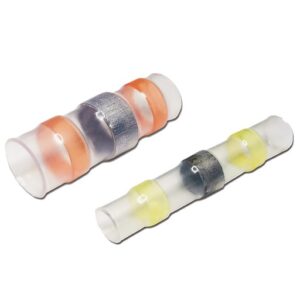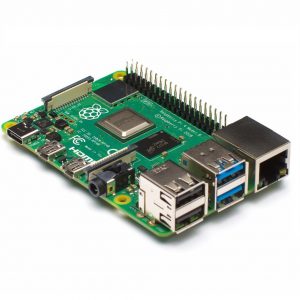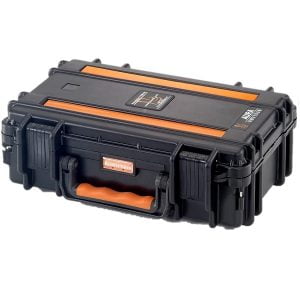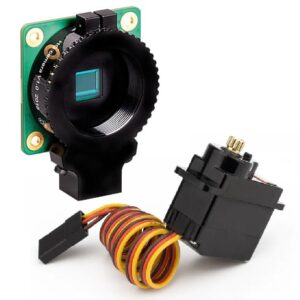How to discharge LiPo battery? How to recycle LiPo batteries ? How to dispose of LiPo batteries?
On October 19, 2024
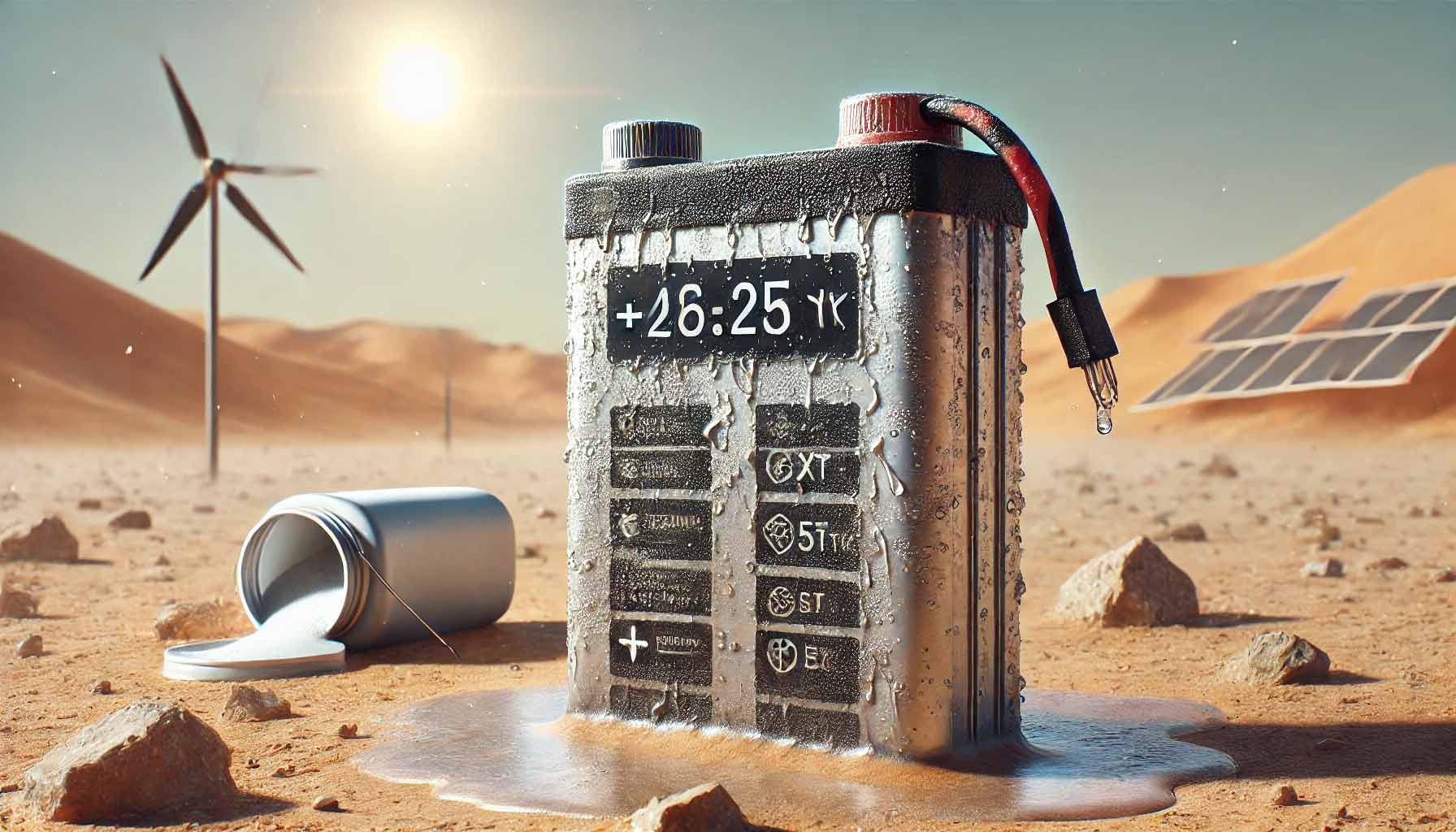
Introduction
Because of the chemical ingredients of the Li-Po and semi solid state batteries, handling of the discharge, recycling, and disposal should be handled with extra care by an experienced operator. These types of batteries are dangerous a they can catch fire, their chemicals can be leaked which can be poisonous if they touch the skin, and also there are environmental risks. Users can discharge batteries in their home with an appropriate charger that supports the procedure. However, the recycling and disposal process is a sensitive and high tech process which requires special equipment. The process is not always cheap in a commercial scale, and there are only a handful of organization in many countries that can handle the process.
Table of Contents
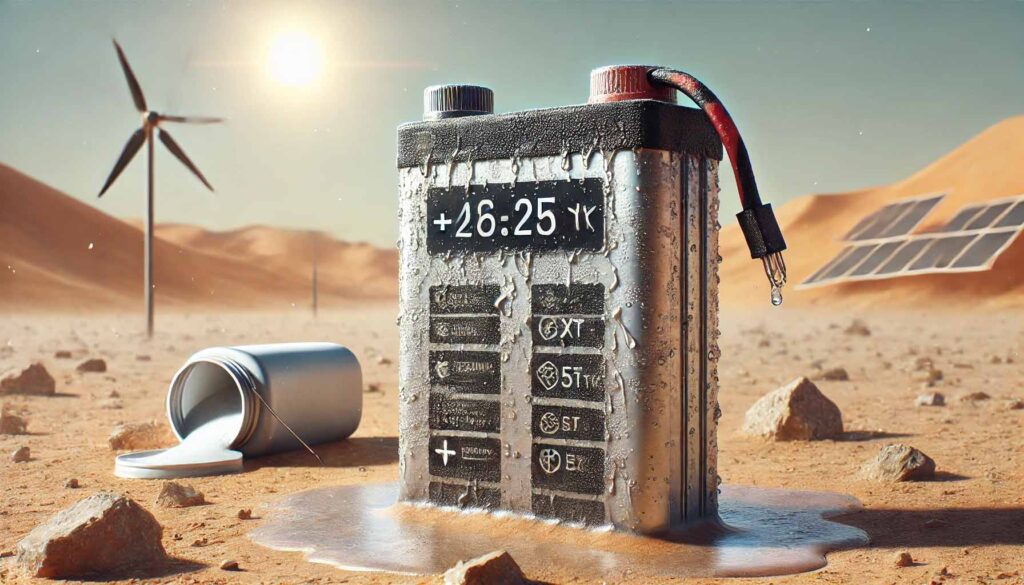
How to discharge LiPo batteries?
The easiest way that a user can discharge a LiPo or a semi solid state battery is to use an appropriate charger that has the discharge functionality. Many modern chargers have the functionality to discharge a battery with an internal electrical load. The discharge current is not high (around 1A in many chargers) which means it will take some time for the battery to fully discharge. This can lead to hours of discharge time for batteries with large capacities.
It is important to know the lowest safe voltage that you can discharge a battery to, which depends on the battery type. If you use a charger, some predefined settings based on the well known battery models are available that user can choose. The charger will handle the rest to ensure the safety of the user.
The last resort for discharging a LiPo or semi solid state battery is to use salt water. Placing a battery in a bucket of mixture of salt and water will discharge the battery voltage. It should be left there around 24 to 48 hours to fully discharge the battery. It is a dangerous process and should be carefully operated (preferably in an outdoor environment) with gloves and glasses for protection.
It is important to bear in mind that it deemed not safe to fully discharge a LiPo or semi solid state battery to 0 volt. The battery can be damaged and the process can make the battery unsafe for disposal.
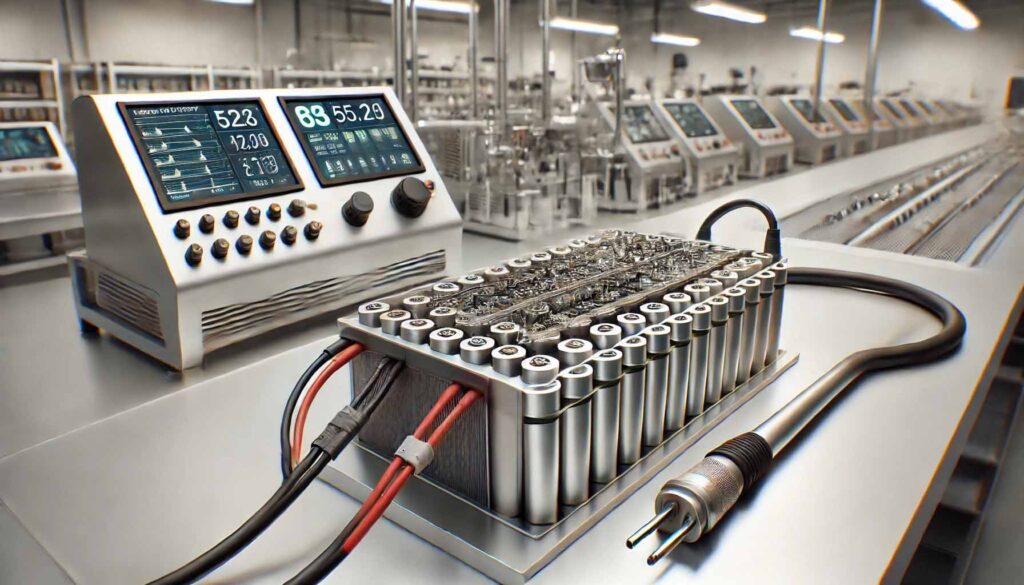
How to Recycle LiPo Batteries?
Recycling of LiPo or semi solid state batteries is not possible in home by an ordinary user as it is a dangerous process, and needs special equipment and facilities. There are facilities and organizations that accept batteries for recycling, and may have some drop-off locations around the city you live in.
Many of these facilities have specific guidelines before you can hand over the battery which should be strictly followed. This is to ensure the safety of the operator that works in the facility as improper handling of the battery can lead to fire and damage to the operator.
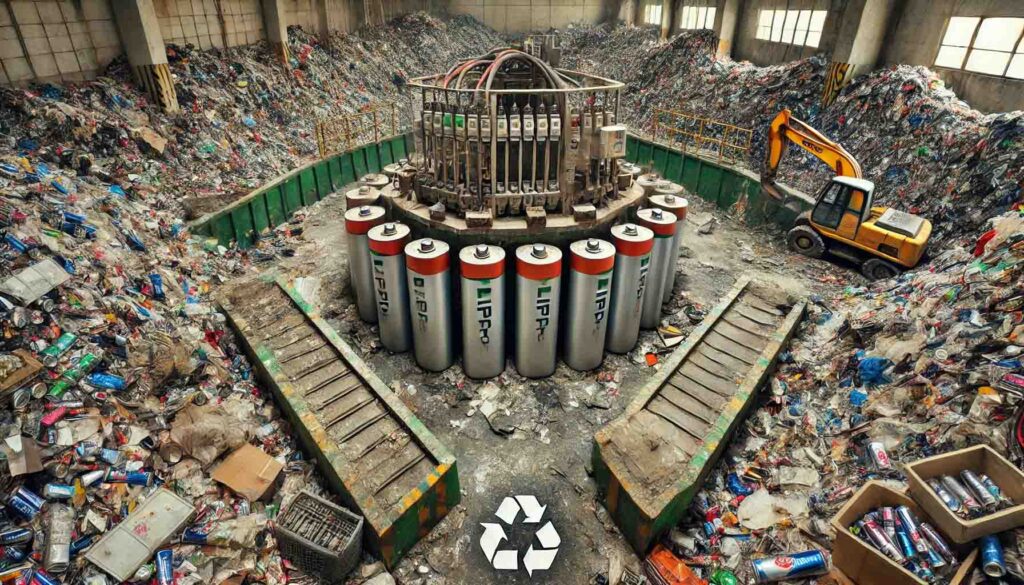
How to Dispose of LiPo Batteries?
Before thinking about dispoing of LiPo or semi solid state batteries, it is better to first try to recycle it. If recycling is not an option, you should dispose of batteries by following a few steps. First, make sure that the battery is fully discharged. Then somehow electrically isolate the battery terminals using electric tape or something else. This is important in order to make sure that unwanted short circuits will not occur between the positive and negative terminals. The most important part is that since batteries are classified as hazardous waste, they can not be thrown away together with regular household wastes. They should be handed over to hazardous waste facilities for disposal.


